Welhungerhilfe works in many challenging regions, one being the insurgent district of Odisha (India) – Malkangiri which was once a Maoist-bastion, now largely controlled by paramilitary forces. The project on ‘Sustainable Integrated Farming Systems’ – in short SIFS – is reaching out to many native tribes who aspire for change even after decades of developmental blockades and history of violence.
The WHH project on SIFS provides an alternative to the native tribes of Odisha who want to see their agricultural practices shift towards a more sustainable future. This is a very progressive approach that promises long-term changes in farming and resource management. But it is easier said than done.
The moment we left Vishakhapatam for Malkangiri district to the north, I realized we were entering a heavily guarded zone. Dense forest roads with Border Security Forces (BSF) camps in every main junction, the Koraput and Malkangiri districts tell the history of Maoist insurgency in 2000s and 2010s. It would often be dotted with references to ‘cut-off area’, backwardness, violence, and fear.
I am accompanied by a 23-year-old field coordinator, Sanjukta, who comes from the district of Malkangiri – the southern tip of Odisha and dominated by Bhumiya tribes. She understands the context of violence and development to its core.
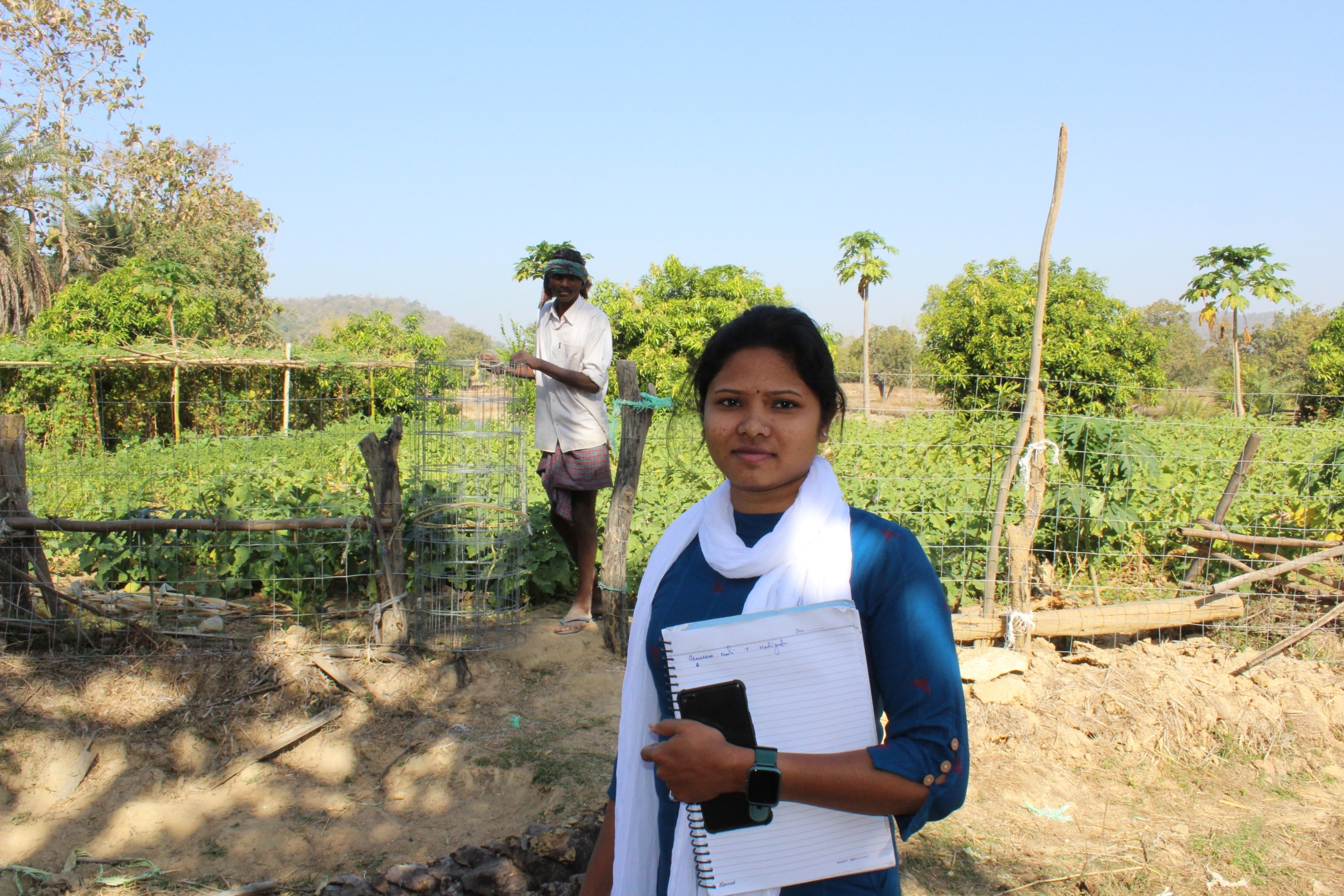
History of Violence
With time and government efforts, violence has come down drastically since 2016. However, it goes without saying that till date it remains a sensitive area with paramilitary amping up the security measures in the villages vigorously.
Back in the day, it was even difficult for the police to access the remote areas that we were able to visit today. Vehicles did not ply during night hours, shops closed in the evening hours, business was affected, and development activities of Central and State government schemes were beyond imagination.
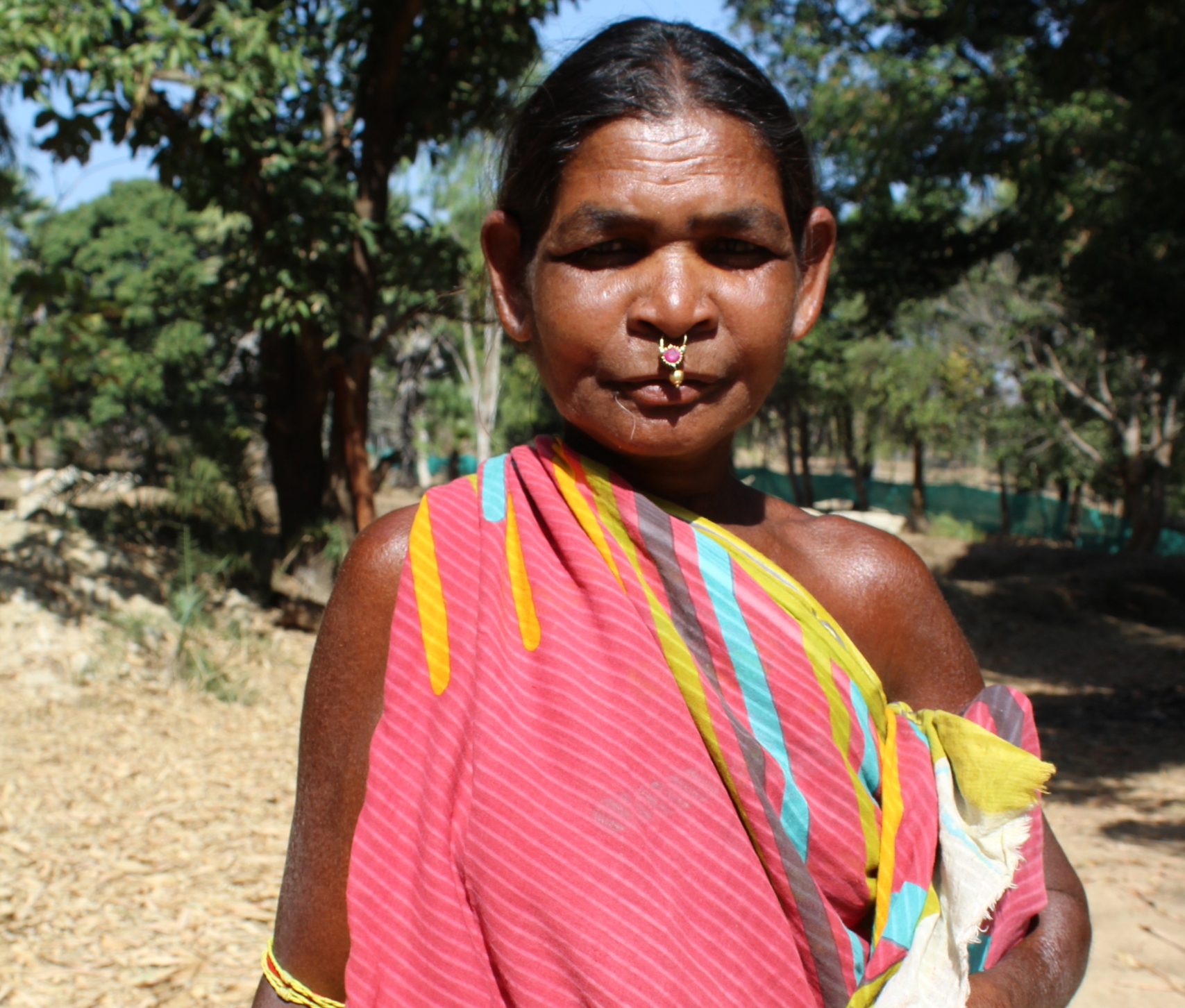
“Growing up, the situation was not this easy. The ease with which we are travelling now wasn’t a reality back then. We used to face blockades and sometimes curfew due to violence between Naxals and paramilitary. Driving, walking or cycling through the forest area would mean anything can happen to you. Your car could be stolen,”
Sanjukta’s role as a field coordinator gives her the opportunity to improve the condition of her people. This project has given her sense of ownership to bring change on ground.
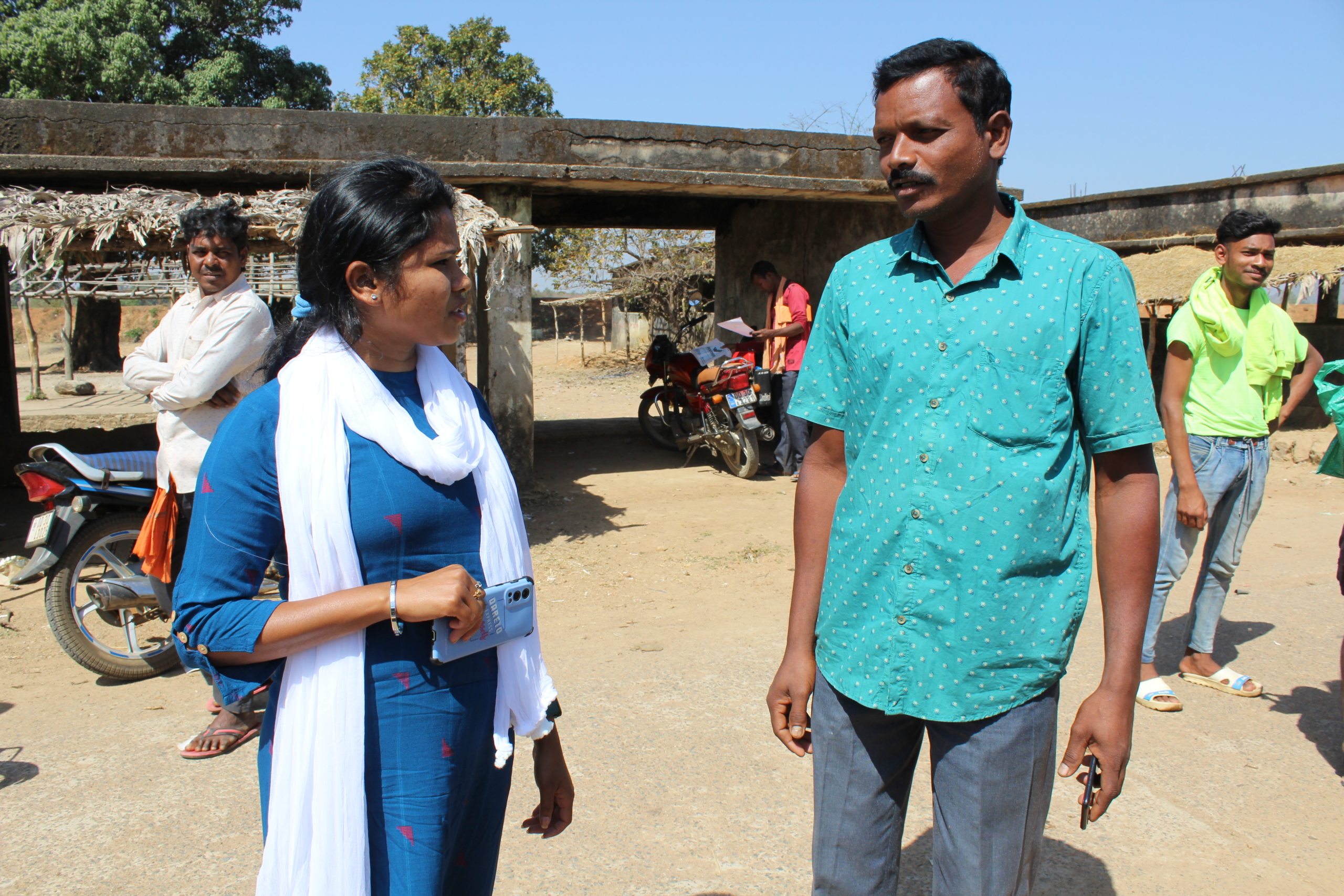
“Most of the villagers were left-out of the development programmes because of the frequent violence. 2015, two social workers were kidnapped. One was killed and the other left with a warning. The entire fraternity was shaken…
“…no matter the challenges in such difficult areas, we have to keep working for the larger benefit of the farmers who rely on us and look up to us for better farming solutions. They want better farming systems and better knowledge on government schemes. They want better farming systems and better knowledge and connecting them with government schemes,” she says.
Work on Sustainable and Integrated Farming
WHH with its five partners WASSAN, PRASARI, DRCSC and Living Farms are promoting Sustainable Integrated Farming Systems (SIFS). SIFS approach has been very successful in increasing nutrition levels and enhancing livelihoods of the poor and vulnerable communities in marginal environments.
The project is aiming to raise the capacity of the government extension workers as well as the community, in skill set as well as in coordinated microplanning, directly working with 2000 extension workers and 40,000 households.
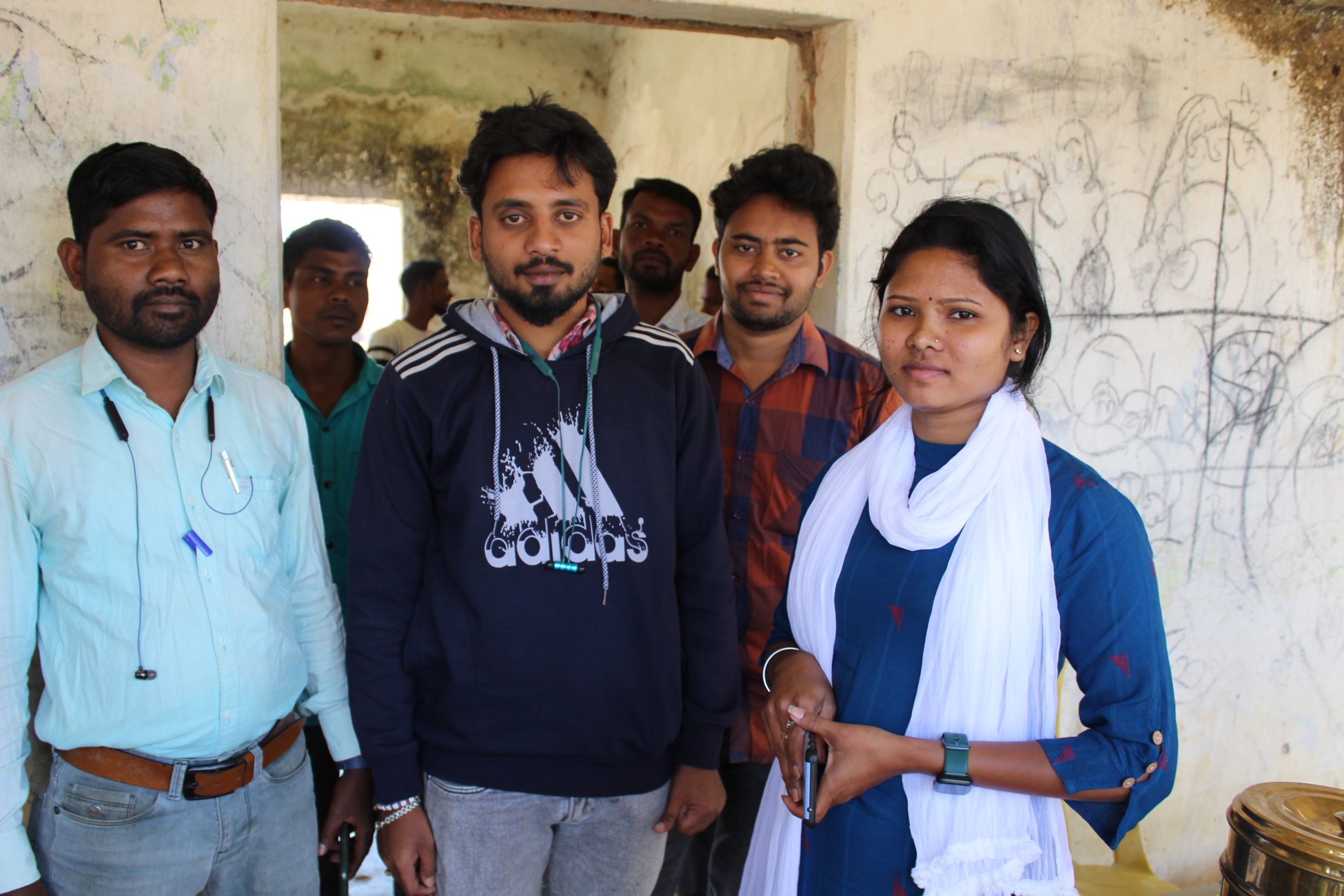
“People want change. It is very essential to reach out to our naïve tribes in remote areas who depend predominantly on rainfed and chemical agriculture resulting in threat to their health and biodiversity loss,” says Sanjukta.
The project is currently operational in four states of India. In West Bengal, partner PRASARI is responsible for North 24 Parganas and DRCSC is responsible for South 24 Parganas – the two districts of mangrove areas of Sundarbans region highly prone to climate induced natural disasters. In Odisha, Living Farms in Rayagada while WASSAN taking the lead in Malkangiri.
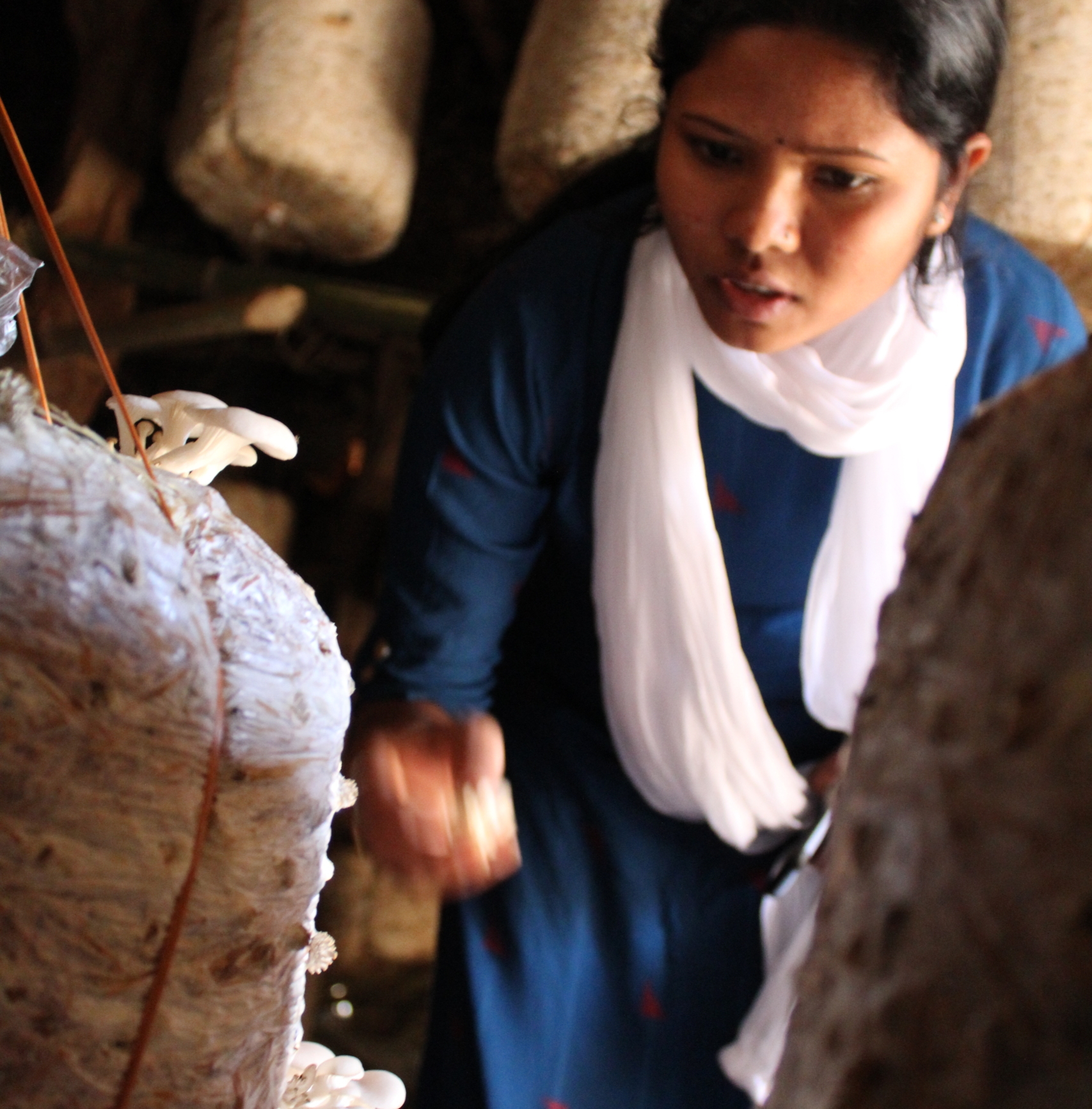
Though rainfall is considered fairly adequate in Rayagada and Malkangiri, uniqueness is that they are still featured as regular drought districts. Primarily because the region is subjected to intense wet spells and long dry spells.
Progress is visible in an environmentally and politically volatile region, with the dedication of farmers and field coordinators like Sanjukta.



